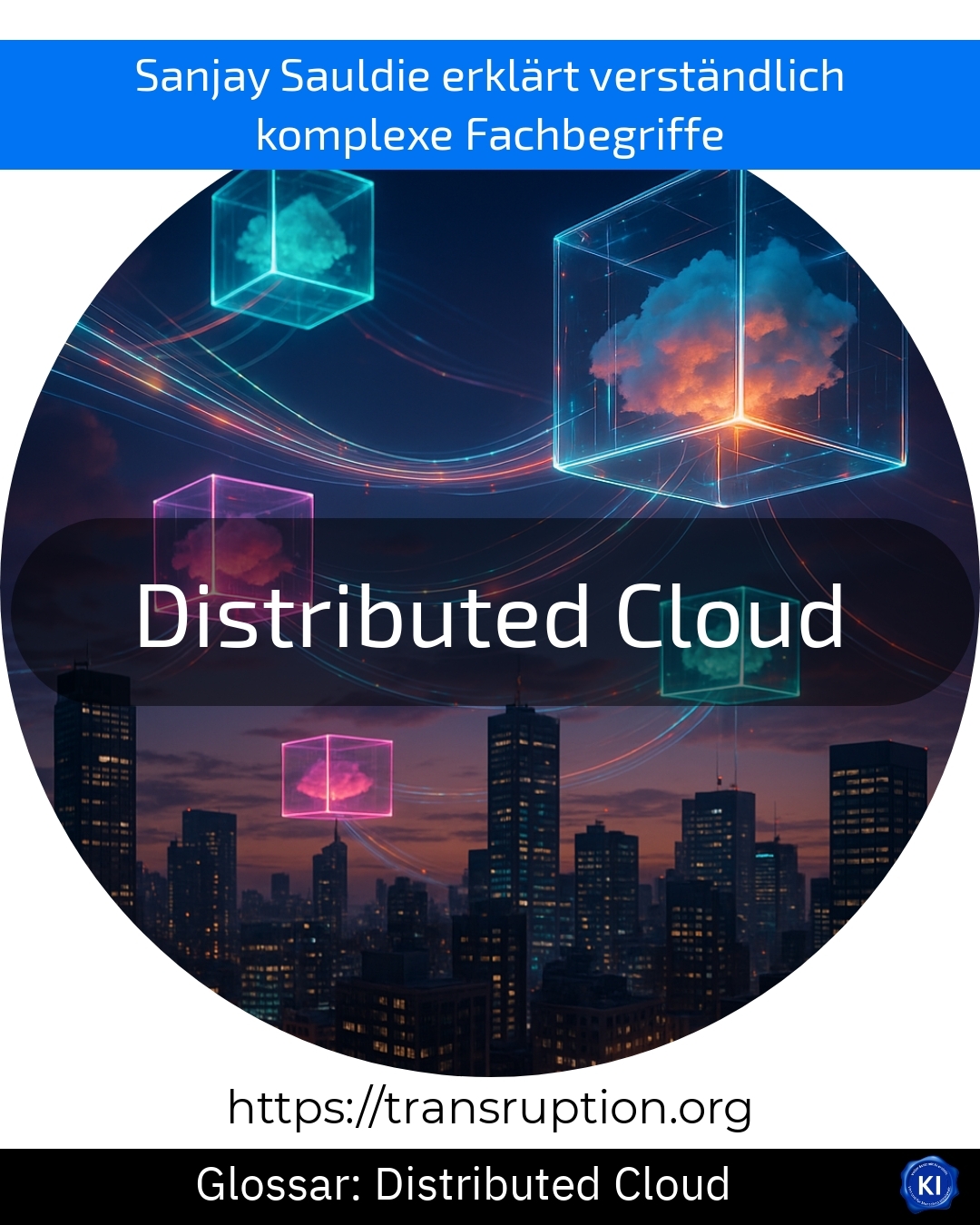Distributed cloud is a term used in the fields of digital transformation, Industry and Factory 4.0 and artificial intelligence. It describes a new way of providing computing power and IT services. Unlike traditional cloud providers, where data is usually stored and processed centrally in one location, the distributed cloud distributes these functions across different locations - often closer to the actual place of use or to the customer.
This makes the distributed cloud faster and more flexible. Companies benefit from this because they can run time-critical applications. The distributed cloud also helps to better fulfil security and data protection requirements, as data can remain within a specific region, for example.
A practical example: An international company operates factories in Europe, Asia and America. With Distributed Cloud, each factory has its own cloud resources directly on site. This means that machines can communicate with each other in real time and failures can be recognised and rectified more quickly. At the same time, the data remains close to the production site, which increases security.
The distributed cloud opens up new opportunities for companies to achieve automation, efficiency and improved customer experiences - without any complicated in-house developments.















